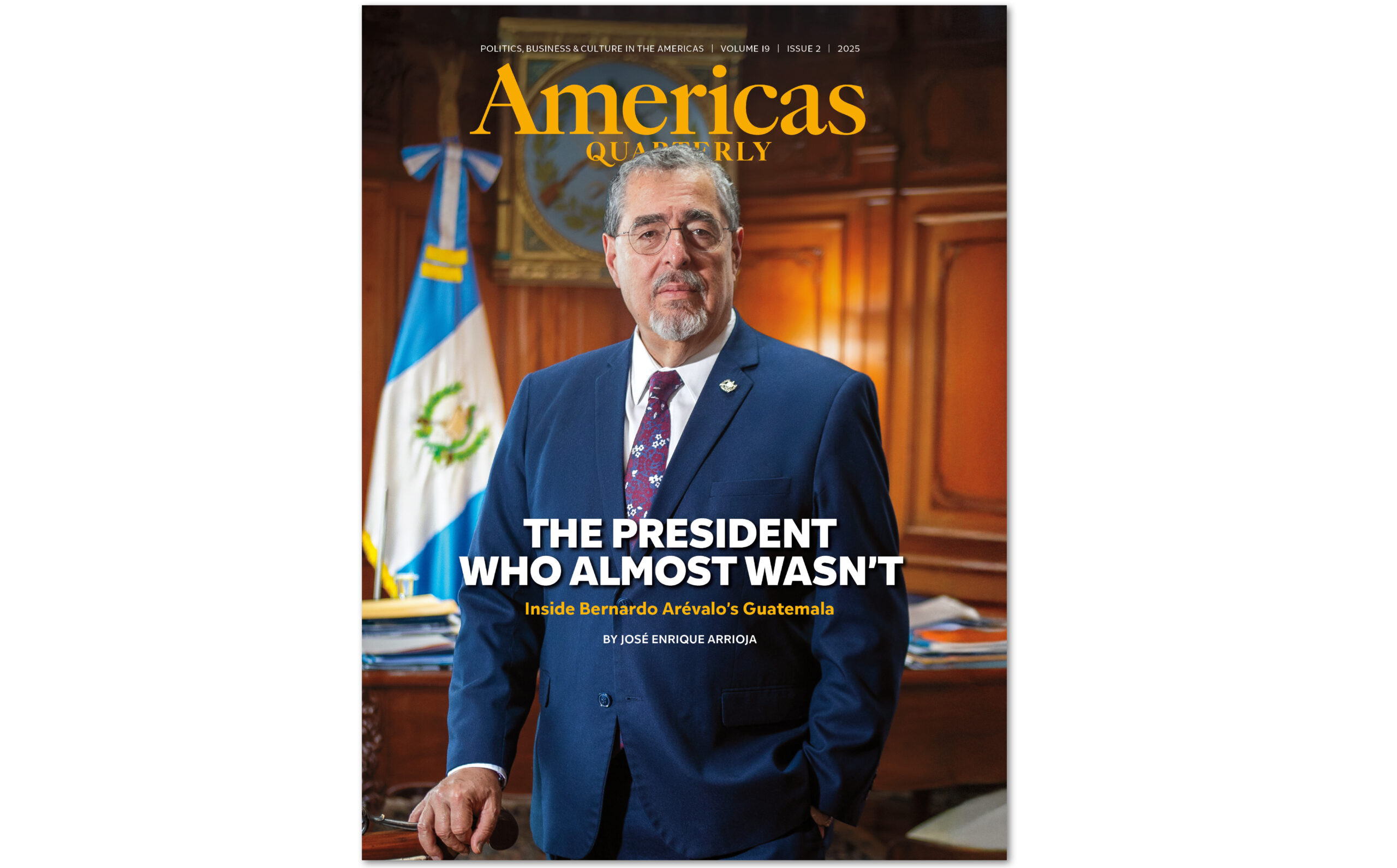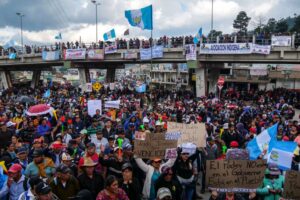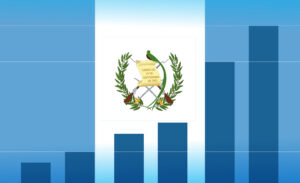This article is adapted from AQ’s special report on Guatemala
It’s not making headlines in the manner of Mexico, Venezuela or Argentina. But Guatemala is absolutely critical to many issues facing Latin America, from migration and climate change to the resilience of democracy itself.
That’s why we chose to spotlight Central America’s most populous country, and largest economy, in this issue of AQ. Under its new President Bernardo Arévalo, Guatemala has made some tentative progress in growing the economy, shoring up its institutions and bringing down homicides.
He almost didn’t get the chance. As our managing editor José Enrique Arrioja writes in our cover story, Arévalo persevered even as parts of the Guatemalan judiciary and political establishment tried to prevent him from taking office in January 2024, after he campaigned and won on an anticorruption platform. He continues to face huge challenges, and his approval rating has fallen of late as some Guatemalans grow impatient with the slow pace of change. But his resilience has impressed many, and earned bipartisan support in Washington, including from Secretary of State Marco Rubio during his visit to Guatemala in early February.
Guatemala is a country with enormous social debts: A turbulent history, some of the region’s worst inequality, bad infrastructure, and a wispy state that struggles to deliver services for all its 18 million people. But it also shows that success is possible: Its murder rate has fallen by half over the last decade or so, its economy is expected to grow 4% this year, and it is within reach of achieving a coveted investment rating for its debt.
With migration to the United States no longer an option for many Guatemalans, the need to make Guatemala itself a better place is even more acute. Arévalo himself was cautious, telling AQ he saw his presidency as part of a longer-term project: “I’ll be happy if, as a result of this presidential term, the population reaffirms their commitment to the democratic system.” Time will tell, but today there are reasons for hope.









